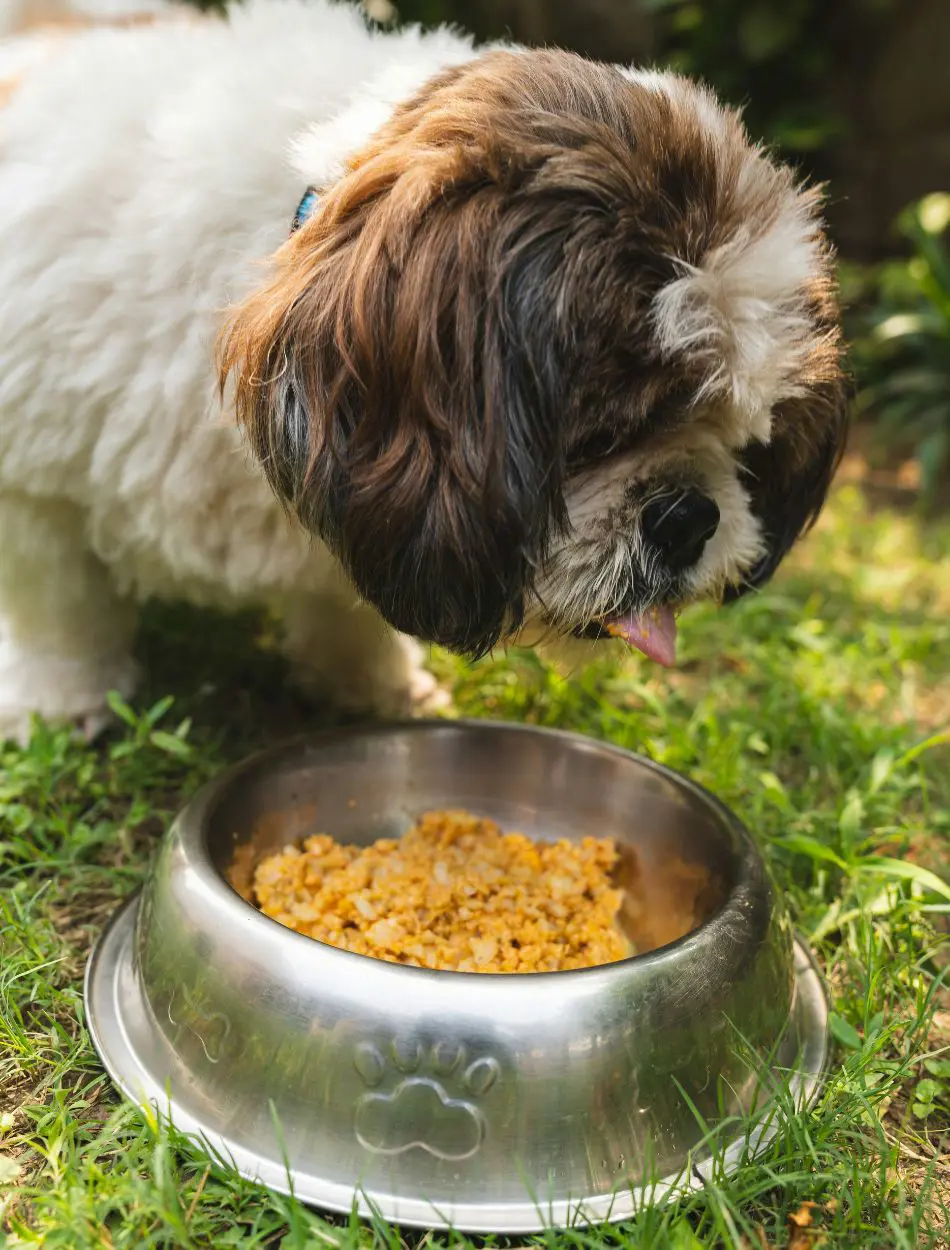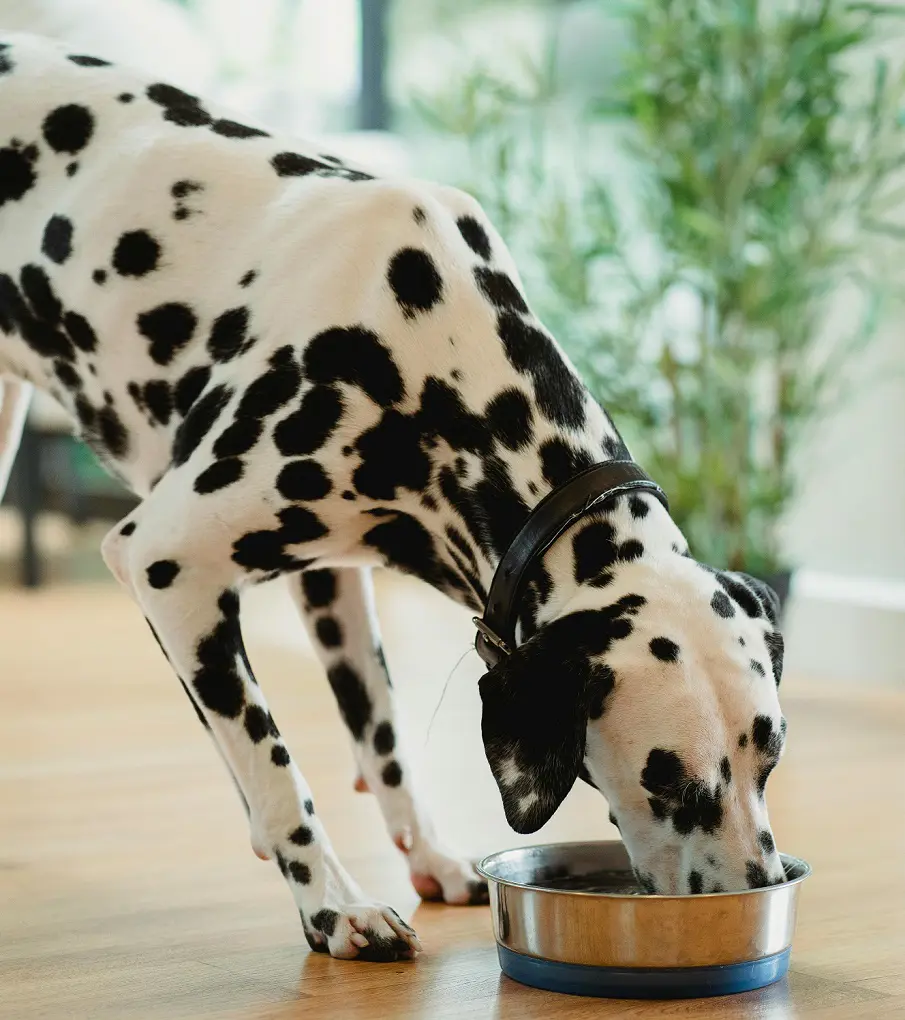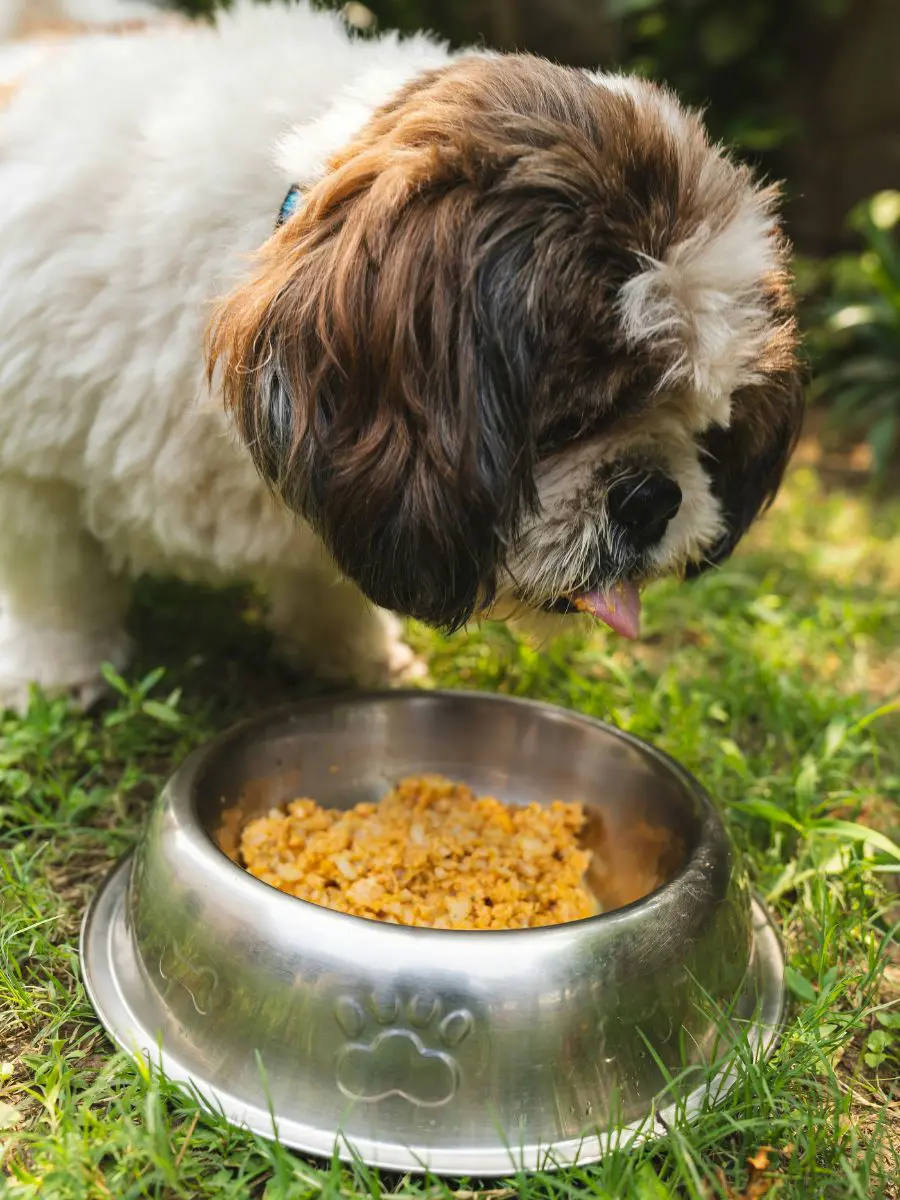Can Dogs Eat Pistachios?

As pet owners, ensuring the health and safety of our furry companions is a top priority, especially when it comes to their diet. One common question that arises is whether dogs can safely enjoy certain human foods, such as pistachios.
Understanding the potential benefits and dangers of feeding pistachios to dogs is crucial for making informed decisions about their diet. In this article we will explain the nutritional aspects of pistachios and the risks associated with it.
Are Pistachios Safe for Dogs?
Pistachios are not inherently toxic to dogs, but they are not an ideal treat. High fat content in pistachios can lead to gastrointestinal upset, obesity, and pancreatitis, a potentially severe inflammation of the pancreas.
Additionally, many pistachios are salted, posing a risk of sodium ion poisoning, which can cause vomiting, diarrhea, tremors, and seizures in dogs. If you decide to give your dog pistachios, ensure they are unsalted and shelled, and offer them only in moderation.
Nutritional Benefits For Dogs

While pistachios are generally not recommended as a regular treat for dogs due to their high fat content and potential risks, they do offer some nutritional benefits.
1. Healthy Fats
Pistachios are rich in healthy fats, particularly monounsaturated and polyunsaturated fats. These fats can help support a dog’s skin and coat health, making their fur shinier and reducing dry skin and itchiness.
2. Protein
It contains a good amount of protein, which is essential for muscle growth and repair. While dogs primarily need animal-based proteins, small amounts of plant-based protein can still contribute to their overall protein intake.
3. Fiber
Fiber in pistachios can aid in digestion and help maintain regular bowel movements. Fiber is beneficial for dogs with digestive issues, as it can help prevent constipation and promote a healthy gut.
4. Vitamins
- Vitamin B6: This vitamin plays a crucial role in a dog’s brain development and function. It also helps with the production of neurotransmitters and supports healthy immune function.
- Vitamin E: An antioxidant, vitamin E helps protect cells from oxidative damage. It also supports a healthy immune system and skin health.
5. Minerals
- Potassium: This mineral is important for maintaining healthy nerve and muscle function. It helps regulate fluid balance and supports normal heart function.
- Magnesium: Magnesium is essential for energy production, muscle function, and maintaining strong bones.
- Phosphorus: This mineral works in tandem with calcium to build and maintain strong bones and teeth. It also plays a role in energy metabolism.
6. Antioxidants
Pistachios are rich in antioxidants like polyphenols and carotenoids, which can help reduce inflammation and protect cells from damage. These antioxidants contribute to overall health and may support the immune system.
Can Dogs Eat Pistachio Shells?
The hard shells of pistachios pose significant risks to dogs, including choking hazards and potential blockages in the digestive tract. If ingested, these shells can cause serious complications, such as gastrointestinal obstructions, which may require surgical intervention to resolve.
It can also be contaminated with harmful substances like molds or pesticides, adding another layer of risk. Mycotoxins from mold, such as aflatoxin, are particularly dangerous and can cause severe health problems, including liver damage.
Portion Control and Safe Practices

When feeding pistachios to dogs, portion control and safety practices are crucial to prevent health issues. Due to their high-fat content, pistachios can cause gastrointestinal upset, obesity, and pancreatitis if consumed in large quantities. Some noticeable guidelines are:
Unsalted and Shelled
Always use unsalted, shelled pistachios to avoid sodium ion poisoning and choking hazards. Salted pistachios can lead to excessive sodium intake, causing symptoms like vomiting, diarrhea, and tremors.
Moderation
Limit the amount to a few pistachios at a time, depending on the size of your dog. For small dogs, one or two pistachios are sufficient, while larger dogs can handle slightly more.
Monitoring for Allergies
Introduce pistachios slowly and watch for signs of allergic reactions, such as itching, swelling, or digestive upset. Discontinue if any adverse reactions occur.
Size Appropriateness
Consider your dog's size when determining the portion. Smaller dogs are more susceptible to choking and digestive issues.
Frequency
Treat pistachios as a rare treat rather than a regular snack to ensure your dog’s overall diet remains balanced and healthy.
Signs of Pistachio Poisoning in Dogs
It is vital to recognize the signs of pistachio poisoning or adverse reactions in dogs. Symptoms can vary depending on the amount consumed and the dog's size, but common signs include:
- Vomiting: Frequent vomiting can indicate gastrointestinal distress.
- Diarrhea: Loose stools or diarrhea are signs of digestive upset.
- Lethargy: Unusual tiredness or lack of energy can signal a problem.
- Abdominal Pain: Your dog may show signs of discomfort or pain in the abdominal area.
- Loss of Appetite: Refusal to eat is a sign that something is wrong.
- Tremors and Seizures: These are severe symptoms that require immediate veterinary attention.
- Excessive Thirst and Urination: Indications of sodium ion poisoning.
Alternative Dog Friendly Treats

There are many healthier and safer alternatives to pistachios that you can offer your dog as treats. Here are some options:
Carrots
Low in calories and high in fiber, carrots are a crunchy treat that many dogs enjoy. Unlike pistachios, which are high in fat and can lead to obesity and gastrointestinal issues, carrots are low in calories and rich in essential nutrients.
They are an excellent source of beta-carotene, which the body converts to vitamin A, crucial for maintaining healthy vision, a robust immune system, and healthy skin.
Apples
The crunchiness of apples can contribute to dental health, as chewing helps to reduce plaque and tartar buildup. When offering apples to your dog, it’s crucial to remove the seeds and core, as apple seeds contain cyanide, which is toxic to dogs in large quantities.
Slice the apple into manageable pieces to prevent choking, especially for smaller breeds.
Blueberries
Blueberries are also low in calories, making them a great option for dogs that need to manage their weight. Their small size and soft texture make it easy for dogs to chew and digest, reducing the risk of choking compared to harder treats like pistachios.
Additionally, blueberries can be a fun training reward or an enriching snack, providing mental stimulation as dogs enjoy hunting for these tasty morsels.
Pumpkin
Rich in vitamins A, C, and E, pumpkin supports your dog's immune system, promotes healthy skin, and contributes to good vision. Its high fiber content aids digestion, helping to alleviate issues like constipation and diarrhea, making it particularly beneficial for dogs with sensitive stomachs.
Peanut Butter
Peanut butter is a popular and delicious alternative to pistachios as a dog-friendly treat, loved by many dogs for its rich flavor and creamy texture.
Packed with protein, healthy fats, and essential vitamins such as B vitamins and vitamin E, peanut butter can provide energy and support overall health.
Recent posts
Dog Foods
Why Bone Broth For Dogs Are Superfood
Bone broth is regarded as a superfood because of all of its health advantages. Packed with vital nutrients including minerals, collagen, and amino acids, it helps with digestion, maintains joint health, and encourages healthy skin and fur. Collagen i...
Homemade Dog Food Recipes That Are Easy And Nutritious
Creating homemade dog food is not just a mundane cooking ritual but an exciting culinary journey that adds a dash of love to your furry friend's bowl. Say goodbye to store-bought blandness and dive into the world of DIY dog food recipes that are deli...
20 Fruits That Will Make Your Dog Wag Their Tail
Many dogs can eat fruits in moderation, and in fact, fruits can be a healthy and fun treat for them. With its naturally sweet flavors, fruits make for a tasty alternative to traditional treats. So, incorporating a variety of fruits into a dog's diet ...
Can Dogs Eat Bones Safely?
Dogs can eat bones, but it must be done with caution. Raw bones, such as chicken, turkey, lamb, or beef, can be safe and beneficial, providing minerals and helping to clean teeth. However, cooked bones should be avoided as they can splinter, causing ...
Can Dogs Eat Broccoli?
Dogs can eat broccoli in moderation, making it a potential addition to their diet. This vegetable can be served to dogs either cooked or raw, depending on their preference. Incorporating a variety of vegetables into a dog's diet can provide them with...
Can Dogs Eat Bananas
Dogs and their dietary habits are a topic of interest for many pet owners, who often wonder about the suitability of various human foods for their canine companions. Banana is the most loved fruit by everyone and they will stun you as quite healthy a...







